A quest to find common ground gains fresh urgency
Before the referendum it promised if Australia voted No we would still get Indigenous voices of some kind and a vote on constitutional recognition – now it offers neither and suggests both those goals have been abandoned by the nation.
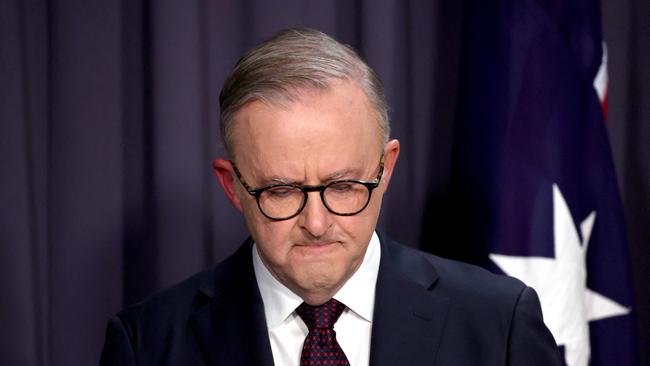
Rather than a great forgetting, we might be about to experience an elevation of the most abrasive elements of the Indigenous debate into the great divide.
Politicians and commentators who stridently promoted the No case are now reading much more into the referendum result than the mere rejection of a constitutionally enshrined Indigenous voice. They are claiming a total repudiation of the Uluru Statement from the Heart and a licence to cancel welcomes to country, the Aboriginal flag, Indigenous placenames and, seemingly, reconciliation itself.
The corollary of the ugly referendum campaign could be an amplification and extension of race-based politicking up to and including the next federal election campaign. Unpalatable as it seems, it is conceivable we will see a partisan divide over our commitment to reconciling Indigenous aspiration – this is a legitimate fear after a week of fallout from the voice poll.
Where dispassionate observers might accept that a nation baulked at an ill-formed constitutional concept, perhaps deciding that it entrenched racial separatism, or that voters refused to adopt a momentous change that lacked detail and did not enjoy bipartisan support, others seem to be insisting the referendum defeat was a veto on Indigenous reconciliation. This over-interpretation is a threat to national cohesion.
Pauline Hanson told me this week she repudiated the Uluru Statement from the Heart in its entirety: “Yes … we have to realise that we are all Australians together in this country.” Hanson also is calling for Indigenous placenames such as K’gari to be scrapped in favour of a return to Fraser Island, and there are no Coalition voices pushing back.
Tony Abbott wants the Aboriginal flag pushed to the side and wants fewer welcomes to country because they presume Indigenous people are “more Australian than everyone else”. I find this resentment difficult to comprehend, especially from people who relish honouring the history of British settlement with a Union Jack in the corner of our flag and by deferring to the inherited powers of the British monarchy.
In parliament this week the opposition has repeatedly questioned Anthony Albanese and his ministers about whether, after the defeat of the constitutionally enshrined voice, they still supported the other elements of the Uluru statement – truth-telling and Makarrata, a body to supervise truth-telling and agreement-making, including treaties. On one level this is legitimate probing, exposing how the Prime Minister has failed to plan an alternative path after what had long loomed as a referendum defeat. But on another level this questioning presumes Coalition opposition to the three central elements of the Uluru statement.
It is a wedge for Labor – stick to its Uluru agenda and it will be accused of thumbing its nose at the voters’ verdict, or abandon Uluru and be accused of turning its back on Indigenous aspiration.
Of course, this raises questions for the Coalition, too. It reveals how the Coalition has had a sudden spring clean-out of its own Indigenous affairs policy.
Peter Dutton has already abandoned his promise to put forward another referendum on symbolic constitutional recognition. And his referendum campaign pledge to legislate Indigenous voices at local and regional levels also has disappeared.
This week I asked the Opposition Leader whether the Coalition still proposed to legislate those Indigenous voices and if it now rejected the Uluru statement in its entirety.
“We have been very clear the Coalition does not support treaty, truth-telling and Makarrata at a cost of tens of billions of dollars,” came the response from a spokesperson. “As for our other policies, Senator (Jacinta Nampijinpa) Price and Senator (Kerrynne) Liddle are conducting a review, and we will make an announcement in due course.”
The Coalition now has substantially less Indigenous affairs policy than it did a week ago. Before the referendum it promised if Australia voted No we would still get Indigenous voices of some kind and a vote on constitutional recognition – now it offers neither and suggests both those goals have been abandoned by the nation.
This is trickery. The policies proposed to smooth the way towards a No vote are then dispensed with because of the No vote.
The Coalition instead is focusing on the push for a royal commission into the sexual abuse of children in remote communities, an audit of spending on Indigenous programs and a complete review of its policies. At the same time, it is daring the government to cling to any aspect of Indigenous Australia’s Uluru agenda.
While Albanese has been caught without a plan B – and he needs to find one quickly – we do know Labor’s disposition. The Coalition seems to be drastically changing and hardening its approach, over-interpreting the referendum result.
Indigenous disadvantage is our greatest national shame, and reconciliation our greatest challenge, yet it seems the emphatic referendum result is tempting the Coalition to take a sharp partisan divide on these issues to the next election. It is implicitly repudiating the Uluru statement and soon could do so explicitly, like Hanson.
This is significant, and problematic because the Uluru Statement from the Heart is the culmination of the most widespread Indigenous consultation in the nation’s history and amounts to an invitation to the Australian people to join a path towards reconciliation. It is a mere 439 poetic words that stray into the ethereal but amount to a practical and heartfelt plea for self-reliance.
Governments should not be duty-bound to accept in full any such a request from a specific group, but neither can this agenda from the original inhabitants of our continent be summarily dismissed. The history and Indigenous consensus around Uluru mean it must be addressed, and it is no good pretending the referendum dispensed with this agenda.
Yet that seems to be where we are heading.
“You can’t tell me that Aboriginal Australians that are here now have more right to this land than what I do,” Hanson told me this week. “You know you treat people on an individual needs basis, this is what I’ve been calling for since 1996.” The One Nation leader’s hard-hearted rhetoric has always set Indigenous disadvantage against non-Indigenous battlers.
“We’ve got 30 per cent of Australians who are actually living in poverty who are actually struggling, homeless,” Hanson said. “Why don’t we look after them also, treat them the same as what we consider the Aboriginals? Aboriginals have to take responsibility for their own actions. They have to take responsibility for the domestic violence, for the drug and alcohol abuse, for also the sexual abuse of their children. It’s not the fault of every other white Australian to wear this … that they’re trying to blame us for. Take responsibility for their own actions, their own communities.”
This rhetoric has always found a welcome home somewhere, and it will resonate particularly strongly during a cost-of-living crisis. But where Hanson was expelled from the Liberal Party in 1996 for speaking in these terms, almost three decades later the Liberals seem to be following her lead.
The winners of the referendum cannot be criticised for clearly staking out the decisive nature of their victory.
But they cannot pretend that the referendum question was any broader than the specific proposition it tested.
And while it would be churlish for anyone to blame such a large victory on deceptive campaigning, the furphies perpetrated by the No campaign cannot be allowed to stand. The Uluru Statement from the Heart is indeed only one page; only governments can implement treaties or other significant policies; and regardless of the referendum, voices and treaties are being implemented and negotiated by state governments.
In Queensland the LNP opposition has flipped on treaties, but so far in Victoria, South Australia and NSW the proposals are unaltered. In Canberra all the difficult issues remain but the terms of the debate are becoming more polarised.
Democracy relies on losers’ consent, but it also must not amount to the tyranny of the majority, especially when we are talking about the original inhabitants of this land, who have some special legal rights (native title and cultural heritage), suffer chronic disadvantage and make up a democratically insignificant minority. Australia should be better than this.
As I suggested last week, the bipartisan committee Albanese promised to establish for the task of implementing and overseeing the voice should be formed regardless. It is urgently required to find common ground as the nation responds to Uluru and the unfinished business of Indigenous advancement and reconciliation.


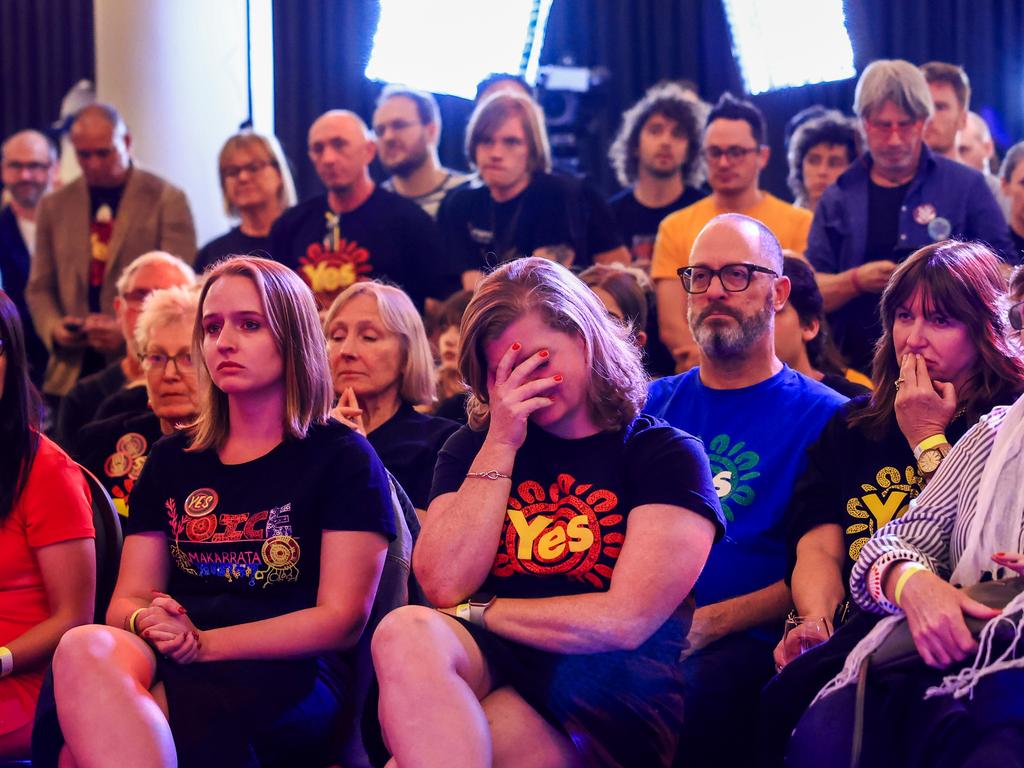
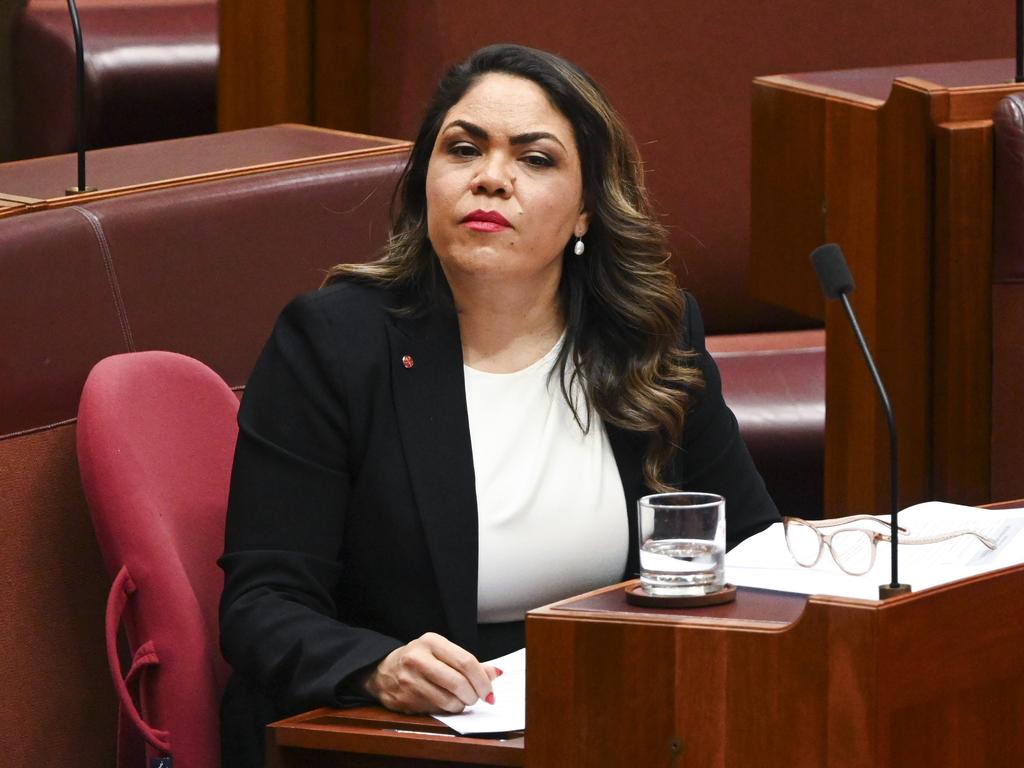
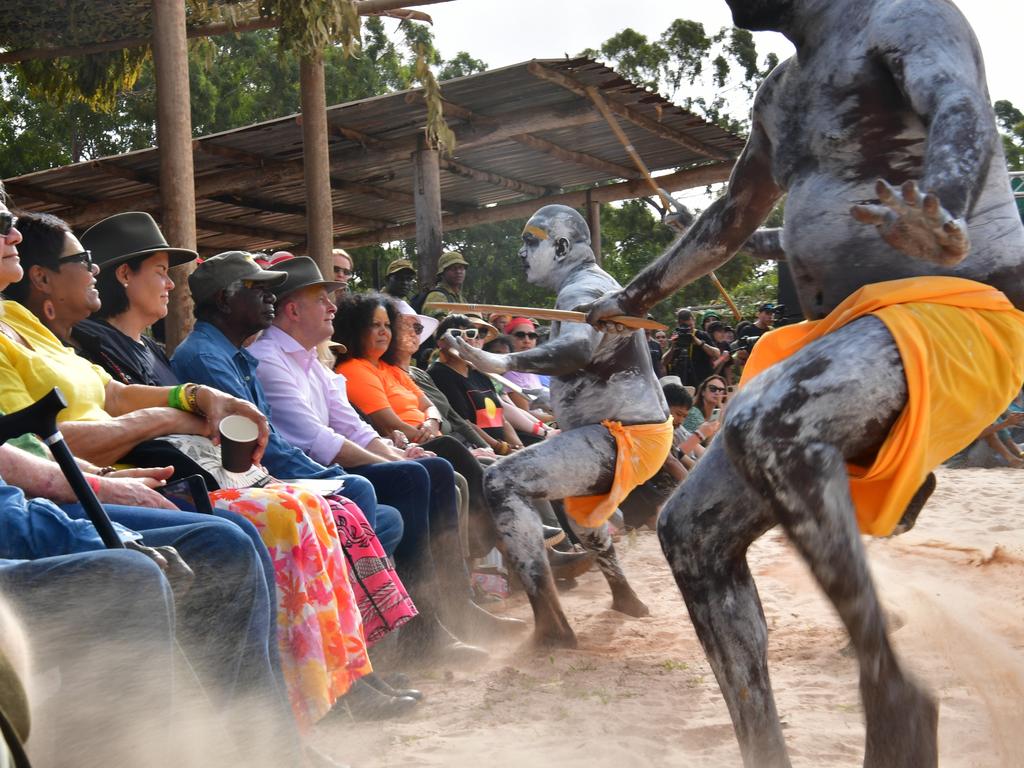
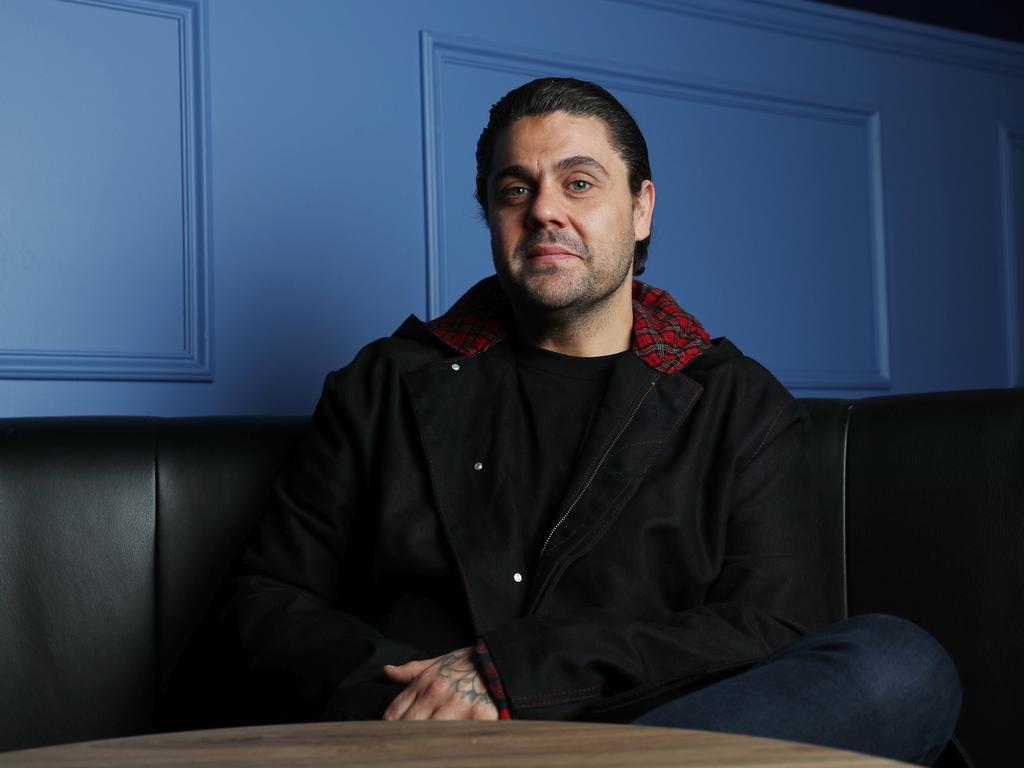


My initial pessimism about how the comprehensive defeat of the voice referendum would prompt a return to the prevailing “out of sight, out of mind” dismissal of Indigenous issues might turn out to be overly optimistic.